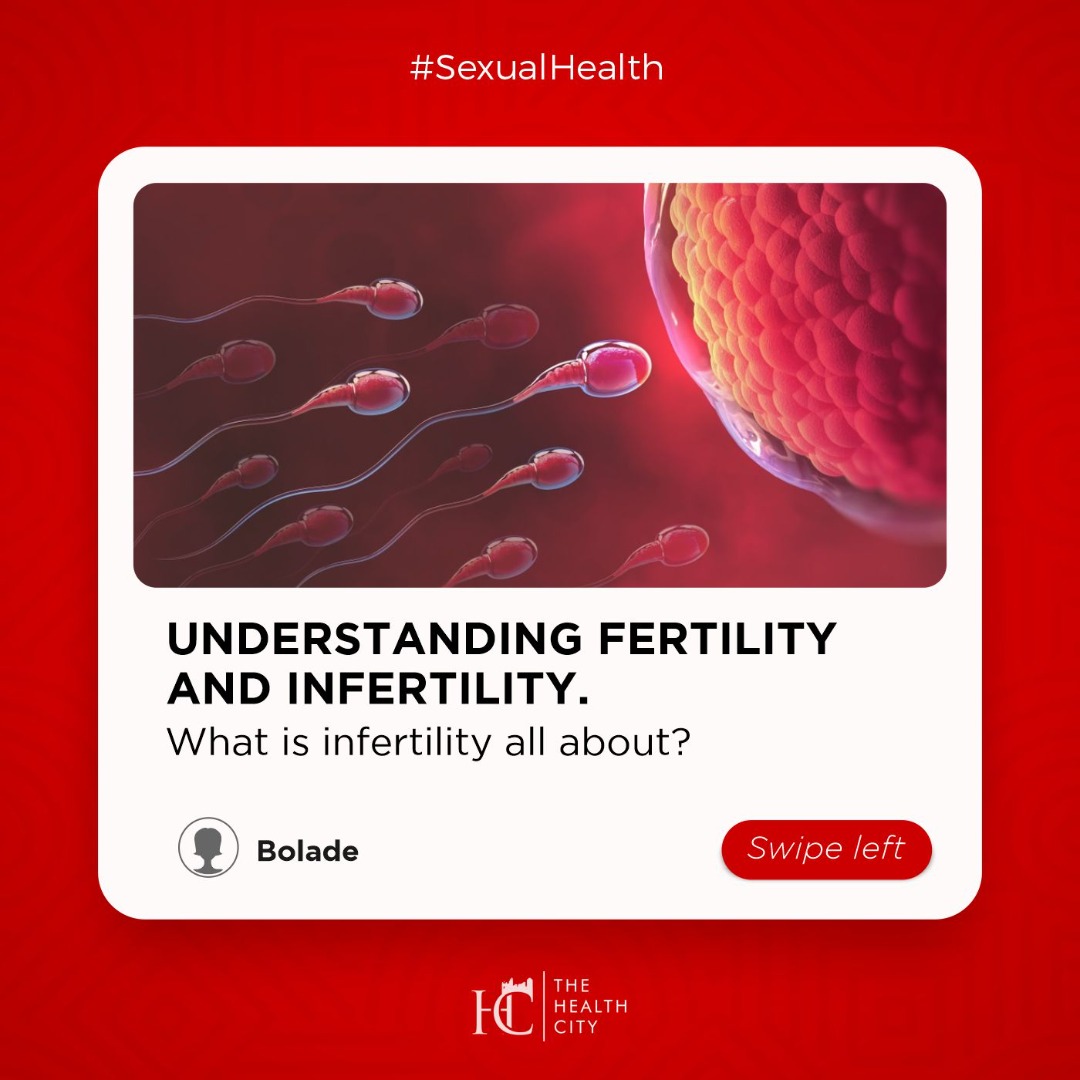
WHAT IS INFERTILITY ABOUT
Are you a young person struggling with symptoms of infertility? You're not alone. Millions of people are struggling with it. Statistics show that around 15% of couples in the United States are infertile.
What is Infertility?
Infertility is the inability of a couple to achieve pregnancy after one year of unprotected sex. However people 35 years or older and people with pre-existing fertility problem should seek help after 6 months of unprotected sex as fertility begins to decline significantly in women from mid-30s and accelerate in the late 30s; eggs quality and quantity decreases. Infertility is not a condition to be fearful about as a lot of medical advancements aid fertility.
It is important to know that a woman can typically get pregnant only 5-7 days ( Hence it is important to know when to shoot the shot *winks*).
It is advisable for people with a history of infertility or pre-existing symptoms for infertility to adopt certain lifestyle modifications even before trying to get pregnant as the risk factors for infertility differs across both gender
Limit alcohol consumption.
Alcohol is known to reduce sperm quality in men.
Maintaining and Healthy weight
Being underweight and overweight is detrimental to fertility. Obesity in men alters testosterone and other hormones that affect sperm mobility and sperm count. Moderate exercise would also be beneficial.
Avoid High temperature
Hot tubs, Hot baths, Laptops place on the laps should be avoided. Also, Nigerian guys should avoid the front seat close to the engine in our rickety transport buses. This is basically because hot temperatures make the testicles present in the scrotum hang lower. However, when the temperature gets too hot, the quality of the sperm can be harmed ( Guys safeguard you, swimmers).
WOMEN
1. Prevent sexually transmitted diseases
Infections such as chlamydia and gonorrhoea are a leading cause of infertility in women.
2.Maintain healthy weight.
Being underweight or overweight can prevent ovulation.
3.Limit caffeine consumption
It is recommended that women who are trying to conceive limit their daily caffeine intake to 200mg per day.
Finally, Be hopeful ; your hormones would eventually play in your Favour.
ALONGE BOLADE

Latest Comments
No Comments Yet
To write a comment, You must be logged in
Login Here SIGN IN